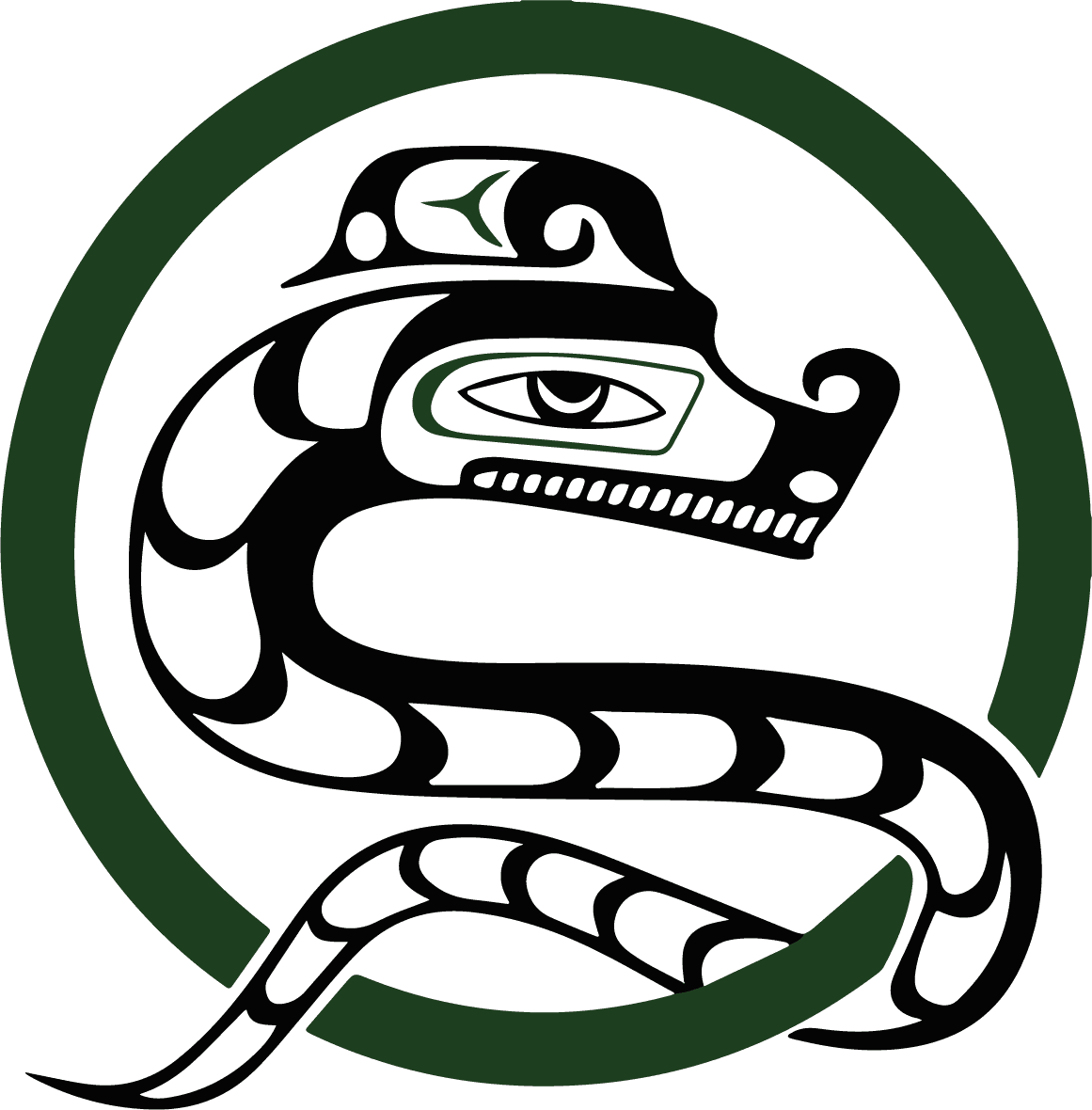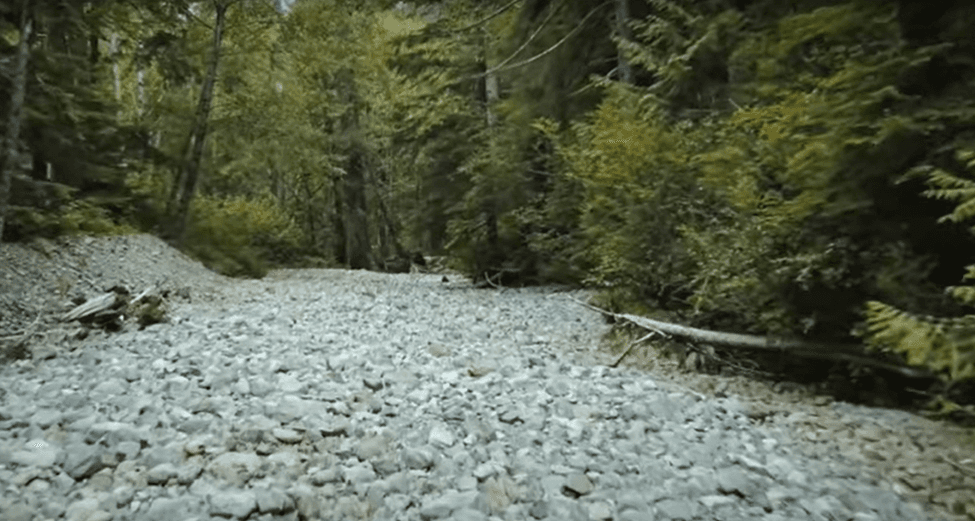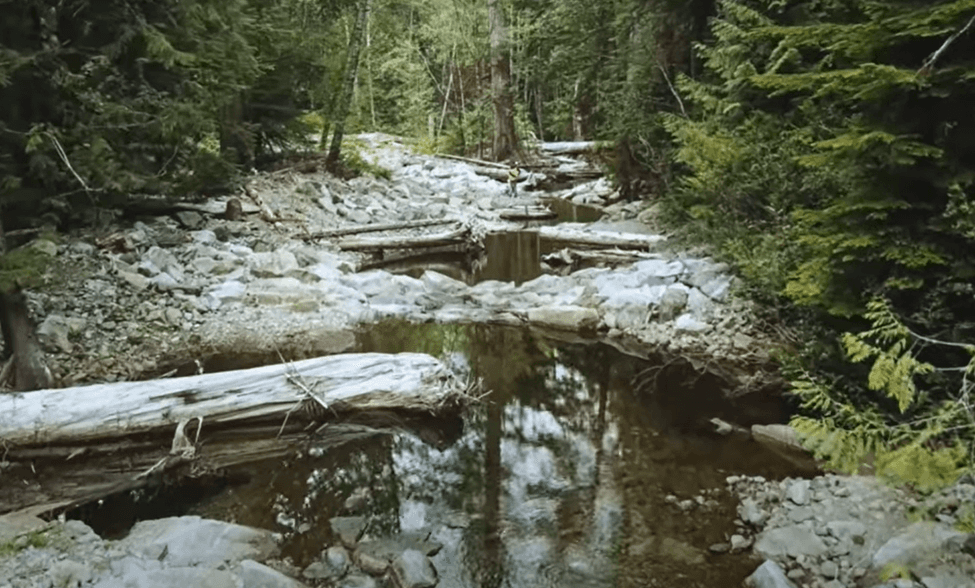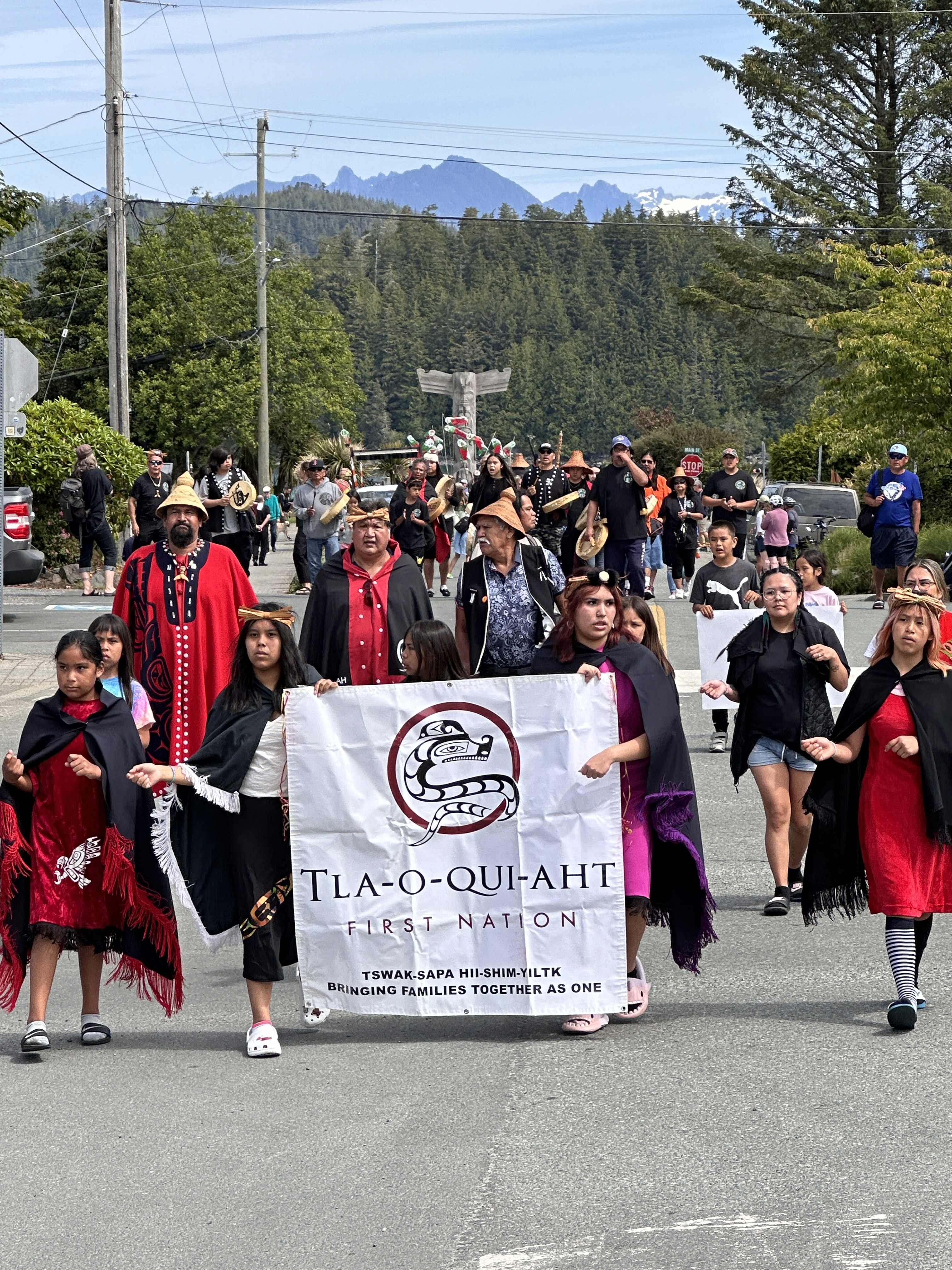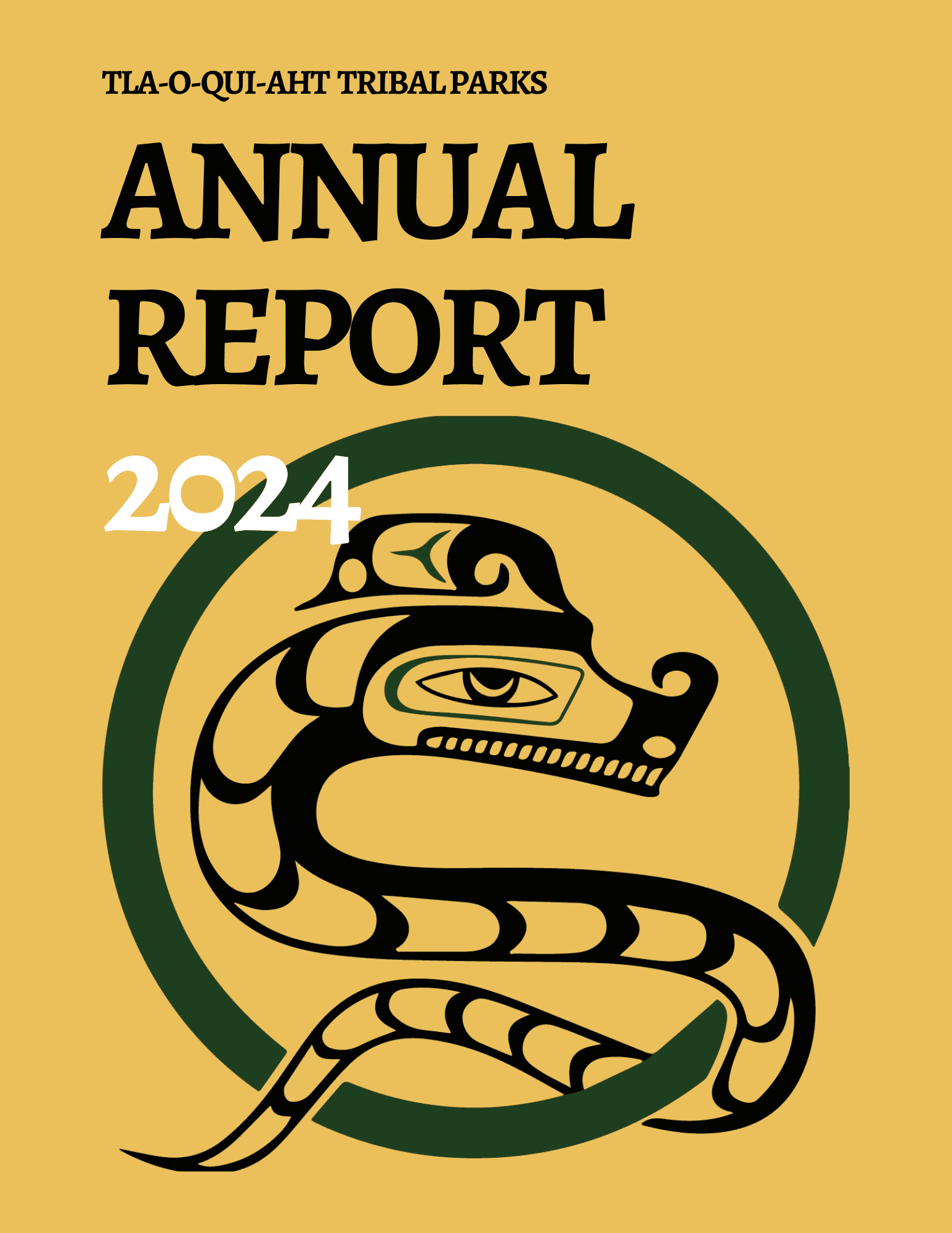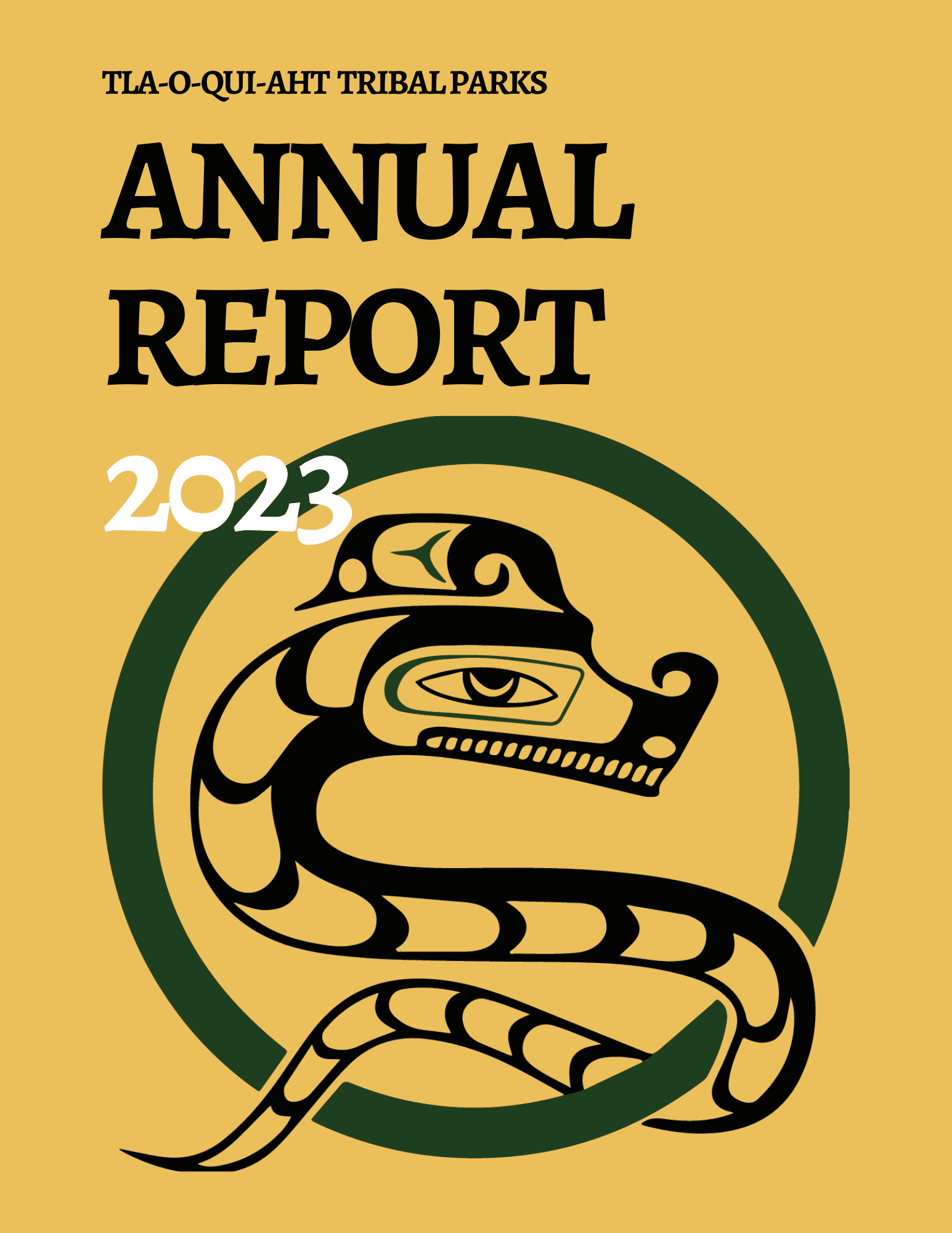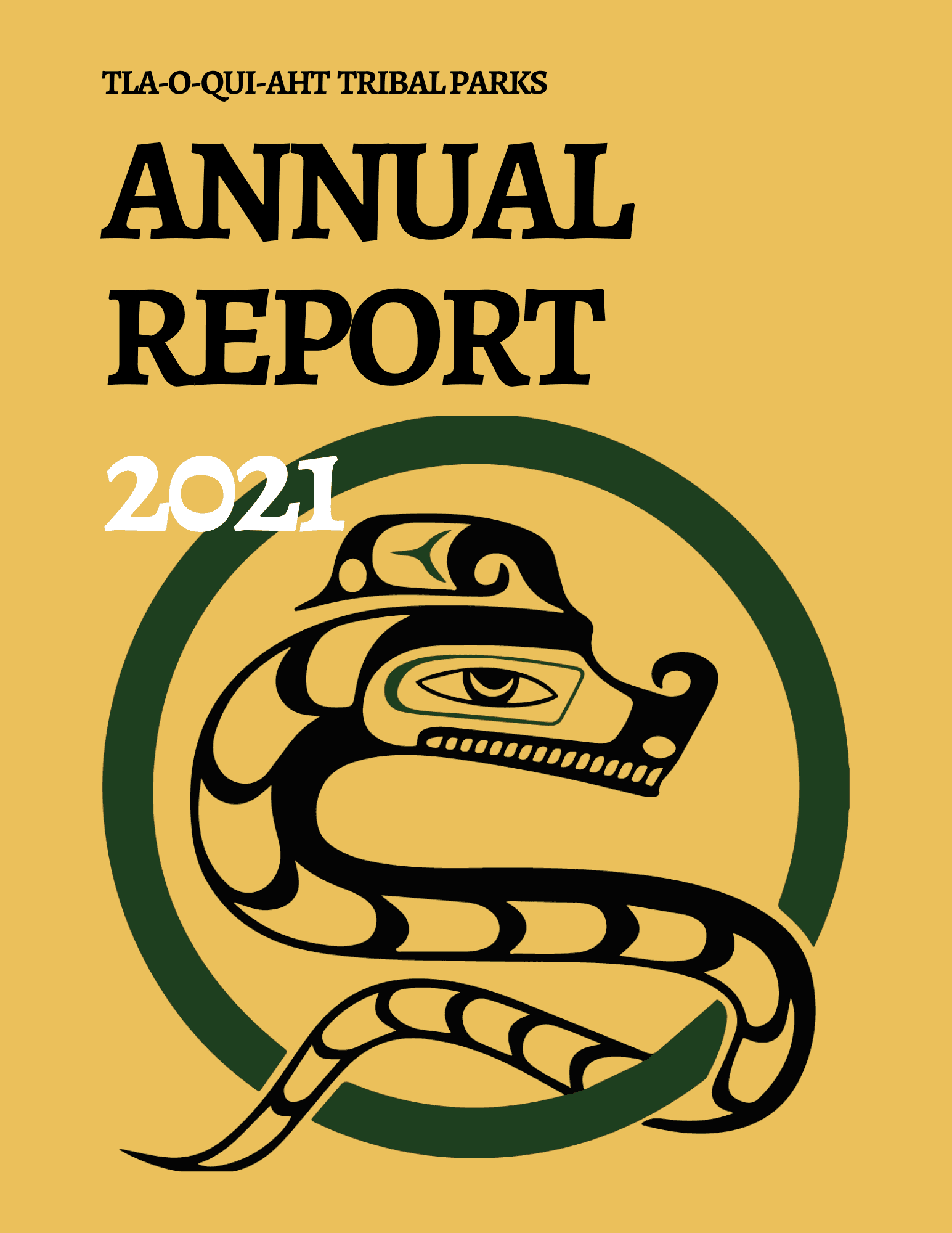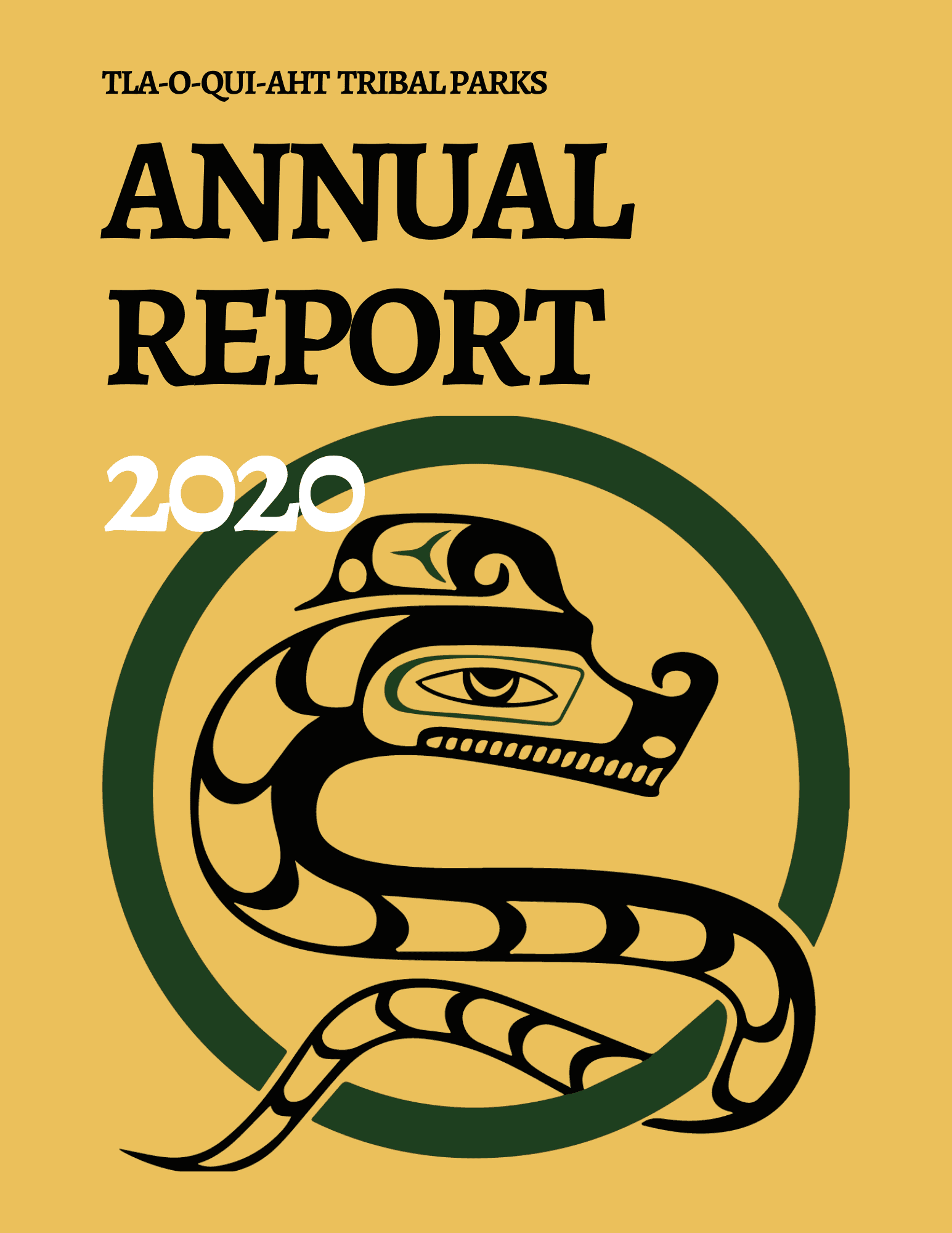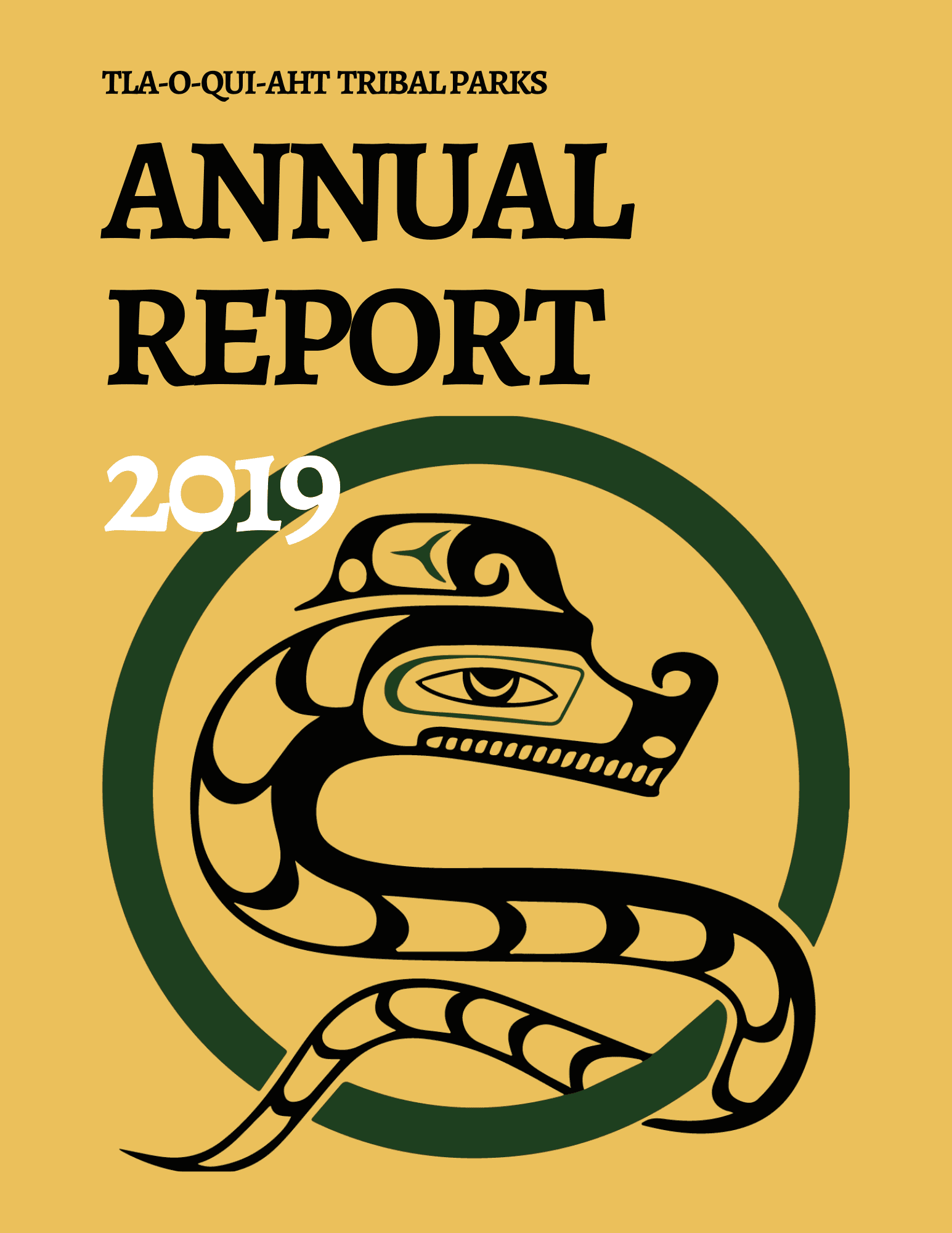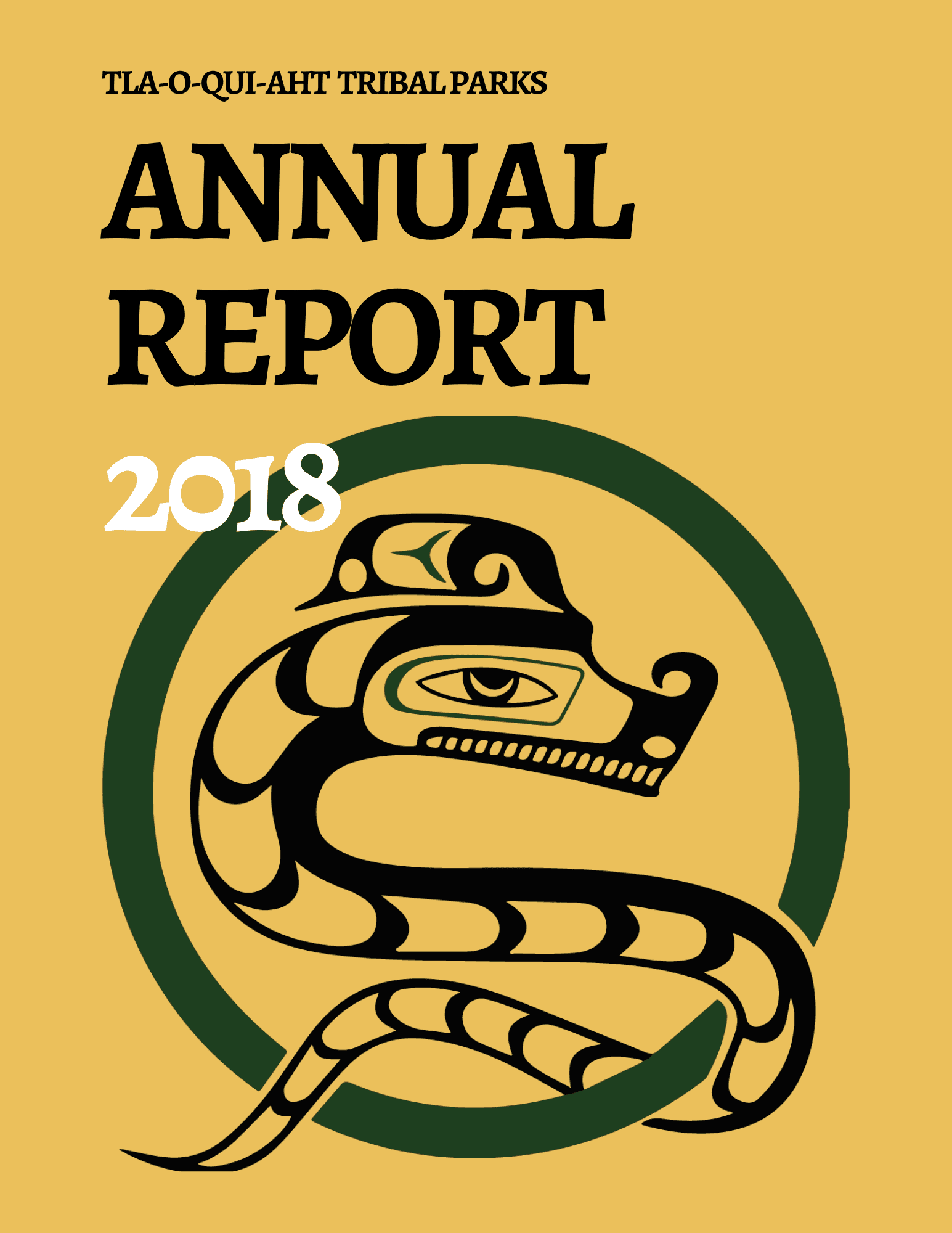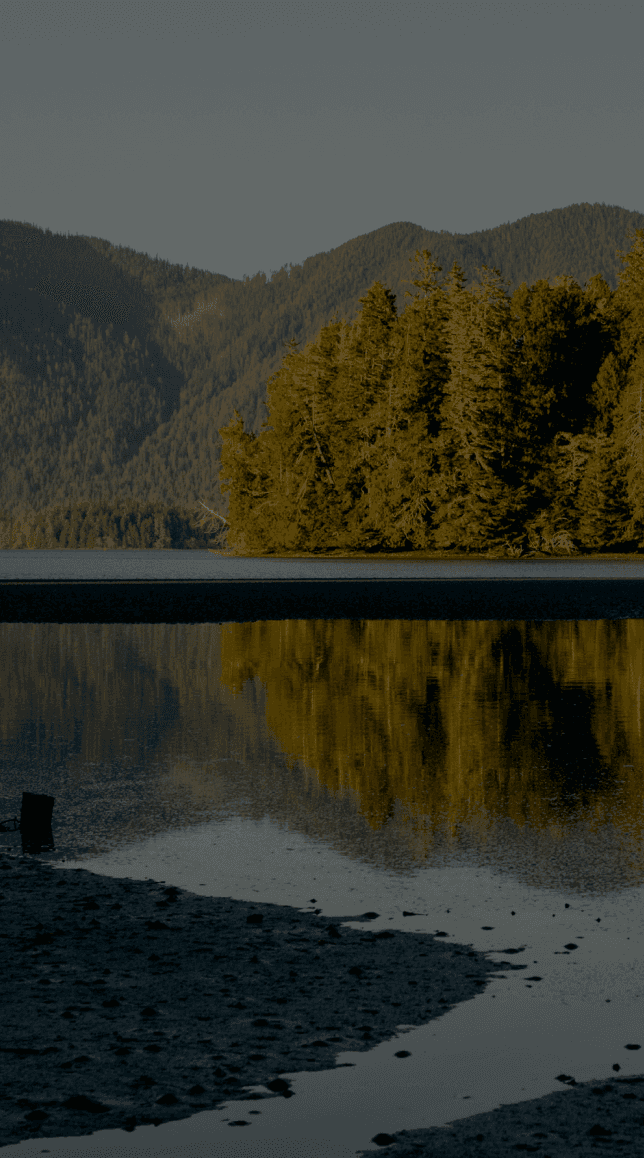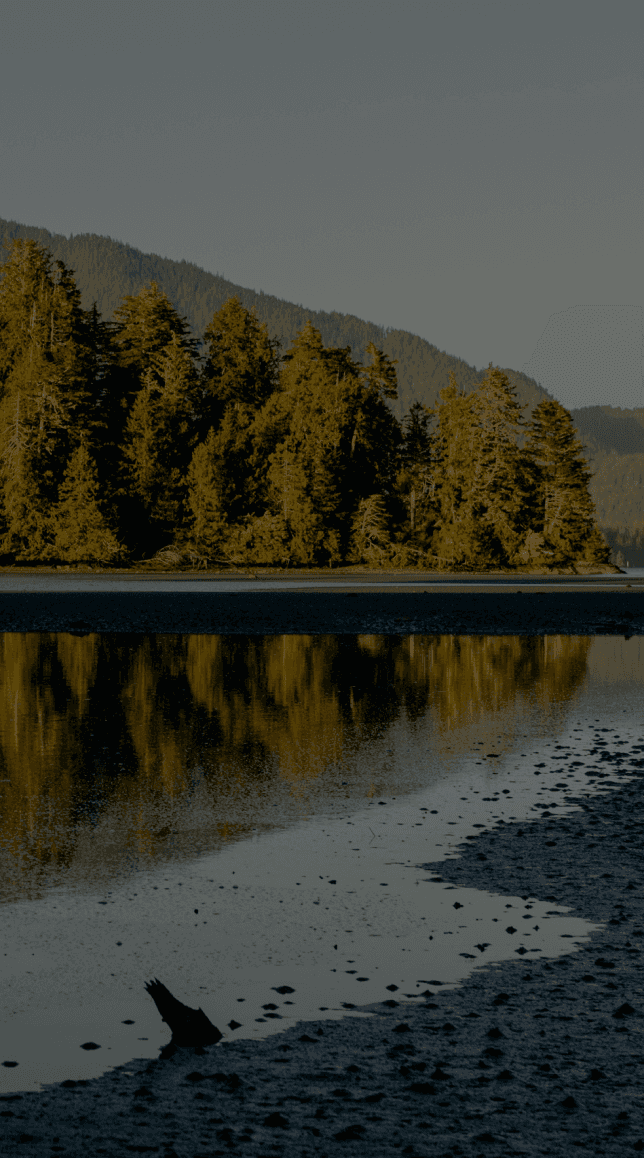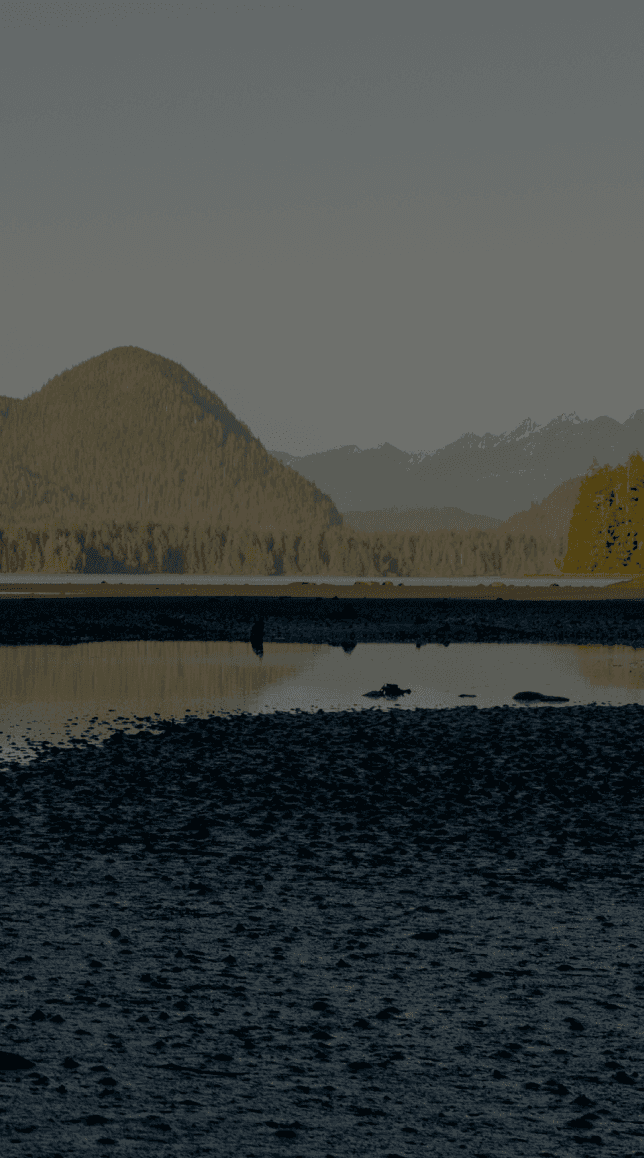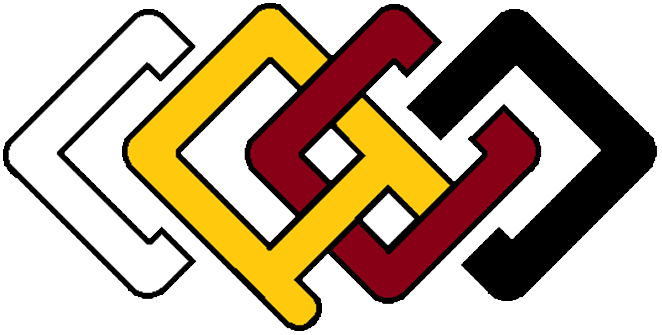Impact of
Tla-o-qui-aht Tribal Parks
Since the establishment of the Tla-o-qui-aht Tribal Parks in 1984, the initiative has significantly contributed to environmental conservation, cultural preservation, and community development.
Participating and growing!
by Tribal Parks Allies since 2018
Waste removed from beaches and waters in 2023
Planted for river restoration with Reddfish Restoration
Co2 sequestered in Tribal Parks
Indigenous protected areas in Clayoquot Sound

Ecosystem Stewardship
Old-Growth Forest Protection: The Tla-o-qui-aht Tribal Parks encompass the largest intact coastal temperate rainforest on Vancouver Island. These forests were protected when Tla-o-qui-aht won an injunction against clearcut logging in the Supreme Court and gained control of Tree Farm Licenses with a coalition of neighbouring Nuu-chah-nulth Nations. 40 years after our original Tribal Parks Declaration, the province of British Columbia recognized these Indigenous Protected and Conserved Areas in 2024.
Salmon Enhancement and Restoration: Through partnerships with organizations like Reddfish Restoration Society and Tofino Enhancement Society, Tla-o-qui-aht Tribal Parks have successfully restored critical fish habitats. River restoration projects have improved salmon spawning conditions, and our hatcheries rear and release thousands of Chinook and Coho salmon fry, aiding the recovery of local salmon populations.
Marine Debris Cleanup: Collaborations with the Coastal Restoration Society have led to significant improvements in coastal ecosystems. In 2020 alone, 67 tonnes of marine debris, including derelict vessels and ghost fishing gear, were removed and recycled, restoring nearshore habitats of marine life.
Run-of-River Hydro Projects: The Tla-o-qui-aht First Nation owns several run-of-river hydro projects within the Tribal Parks, which provide green energy to over 4,000 homes on Vancouver Island. These projects exemplify sustainable development, ensuring minimal environmental impact while respecting traditional territories.
Cultural Resurgence
Tribal Parks Guardians: This program plays a crucial role in upholding Tla-o-qui-aht stewardship. Guardians engage in environmental monitoring, trail building, and cultural education, and Tla-o-qui-aht youth training and employment. Notable projects include significant upgrades to the Big Tree Trail, extending and refurbishing the aging boardwalk.
Tribal Parks Allies: This program engages local businesses in the stewardship of Tribal Parks, promoting cultural and ecological resilience. Since 2018, revenue from this program for stewardship and regional services has ballooned from $15,000 to $444,318 in 2024.
Community Education and Engagement: The Tribal Parks host various events and educational programs to share Nuu-chah-nulth teachings and promote sustainable practices among residents and visitors. Initiatives like the Junior Guardian Beach Monitoring Program engage youth in environmental stewardship and foster a deeper understanding of traditional ecological knowledge.
Community Development
Economic Contributions: The Tribal Parks Allies program has raised substantial funds for conservation and community projects. Since 2018, the program has raised $1,155,493 in Ecosystem Service Contributions from Allies. These funds support a range of community services, including health programs, education, and social services, contributing to overall community well-being.
Infrastructure Improvements: Tla-o-qui-aht Tribal Parks are responsible for critical infrastructure in the region. We steward the District of Tofino’s drinking water source, maintain trails like the Big Tree Trail, support sustainable tourism, and protect ancient forests.
COVID-19 Response: During the pandemic, the Tribal Parks established community safety checkpoints and provided essential support to residents. Initiatives such as the Hamper Program offered critical assistance to community members under isolation orders, demonstrating the community’s resilience and adaptability.
Collaborative Projects: Partnerships with organizations like the Reddfish Restoration Society and Coastal Restoration Society have enhanced the region’s capacity to undertake large-scale restoration projects. These collaborations have resulted in the removal of invasive species, restoration of riparian habitats, and significant improvements in coastal and marine ecosystems.
Annual Reports
For a comprehensive understanding of our progress and future plans, please download our annual reports:
